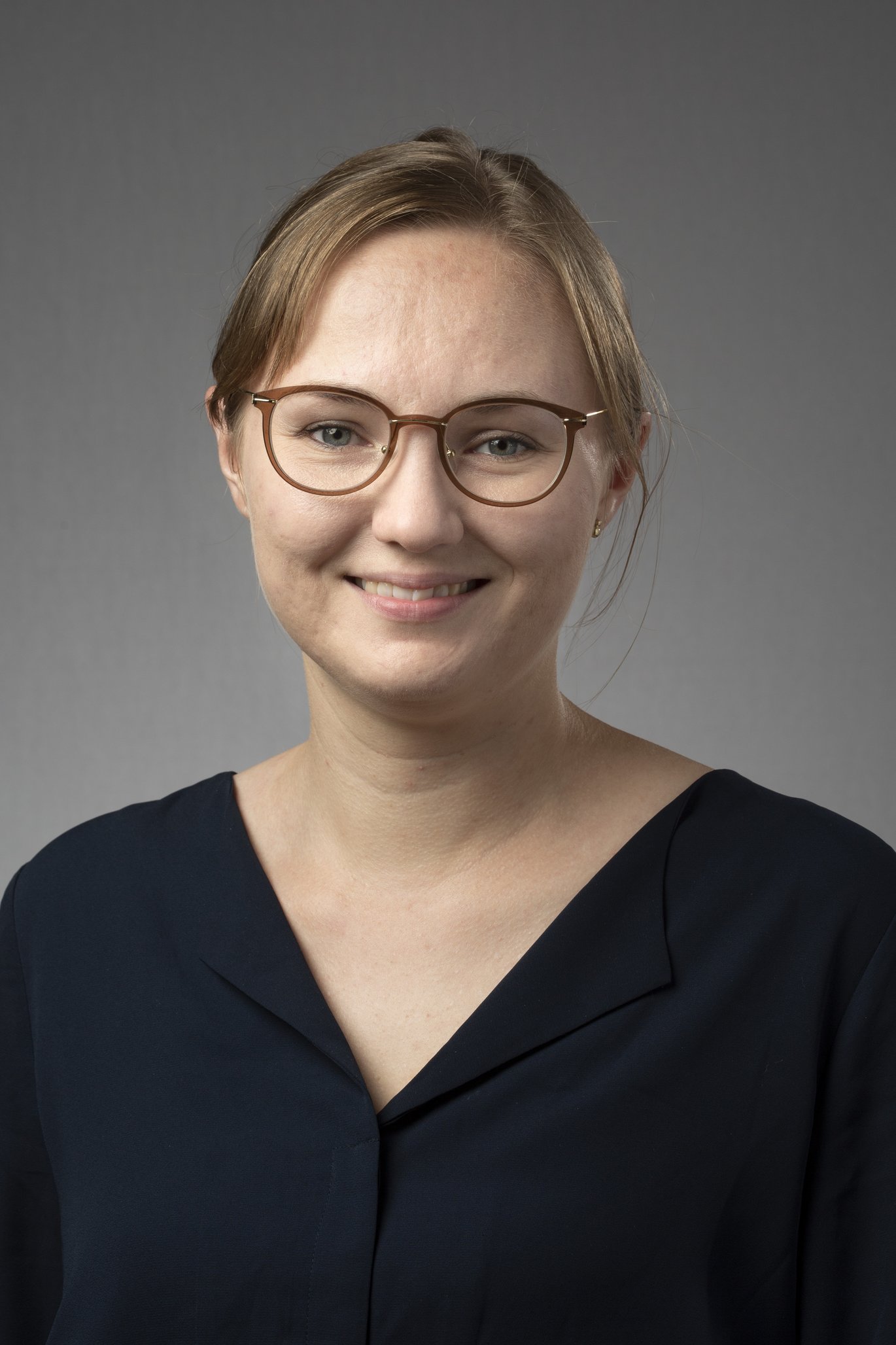Aspects of the Danish colorectal screening program
New PhD thesis from DCE investigates different aspects of the Danish screening program for colorectal cancer with the aim of contributing to the knowledge about the pros and cons of this type of screening program.

Mette Kielsholm Thomsen, who defended her PhD today, has conducted four studies about the Danish screening program for colorectal cancer (CRC).
Screening for CRC was initiated in Denmark in 2014. All residents aged 50-74 years are invited every second year to send in a stool sample to be examined for signs of blood in the stool. Since screening examines an apparently healthy population to detect latent disease, potential benefits and harms of implementing and continuing screening programs must be considered.
Mette and colleagues investigated inequality in CRC screening participation for persons with mental disorders, the risk-assessment of participants, and the effect of the screening on mortality.
Some of the results have been published and show that the Danish CRC screening program holds potential for greater accessibility for persons with mental disorders and for risk stratification to secure that persons referred to colonoscopy are those with the highest risk of CRC.
